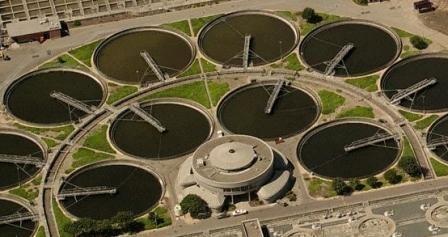
05/03/2015
Wastewater that produces green energy
Wastewater that produces green energy
More news
24/07/2019
Port de Barcelona will have a rolling highway terminal
04/07/2019
New software to promote urban district heating and cooling networks
07/06/2019
Biodiversity in danger: Barcelona Synchrotron Park’s actions
28/05/2019
The UAB ranks first according to the CYD Foundation
23/05/2019
Alba: open day, workshop and last results
25/04/2019
The UAB Scientific and Technical Services: an opportunity for BSP’s companies









